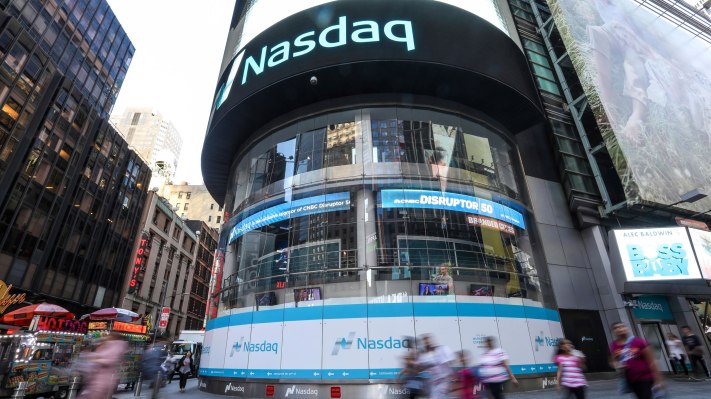After a long journey as a private company formed in the dot-com boom of 1999, Virginia-based Appian is finally braving the public markets.
Appian announced Wednesday they priced their IPO at $12 per share, raising $75 million for the company. This is in line with the previously proposed price range of $11 to $13.
Appian provides app development software for its business and government customers. “With our platform, organizations can rapidly and easily design, build and implement powerful, enterprise-grade custom applications through our intuitive, visual interface with little or no coding required,” the company explained in their S-1 filing.
Appian acknowledges that its biggest competitors are Salesforce and ServiceNow. IBM and Oracle are also in related spaces.
The company’s revenue is growing. They brought in $132.9 million last year, compared to $111.2 million in 2015 and $89 million in 2014.
“Although we have experienced rapid revenue growth historically, we may not continue to grow as rapidly in the future and our revenue growth rates may decline,” Appian warned in the “risk factors” section of its IPO filing.
The company also incurred a loss of $12.5 million. Appian lost $7 million in 2015 and $17.1 million in 2014.
Founder and CEO Matt Calkins has a 54.7 percent stake. He founded the company at age 26.
Novak Biddle Venture Partners has the next largest stake, owning 21.5 percent prior to the offering. New Enterprise Associates (NEA) owns 11.7 percent.
Appian raised more than $47 million dating back to 2008, but just $10 million of this was for the company. NEA’s $37.5 million investment in 2014 was technically a secondary transaction, meaning that they bought the shares directly from employees.
The company reportedly was valued above $1 billion last year, colloquially known as a “unicorn.” The IPO values the company closer to $700 million.
Morgan Stanley, Goldman Sachs and Barclays are managing the offering. The company is listing on the Nasdaq.
The IPO window is widely considered to be open, but the month of May has been pretty dead for tech. Snap opened up a wave of tech IPOs, which carried through March and April. Companies tend to watch the performance of other debuts before braving the public markets.
The venture capital model is built around “exits,” also known as acquisitions and IPOs. These are the deals that fund the whole ecosystem. But the availability of late-stage capital has also meant that companies have been opting to stay private longer, because they can.
